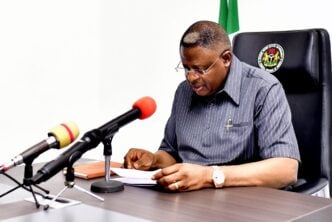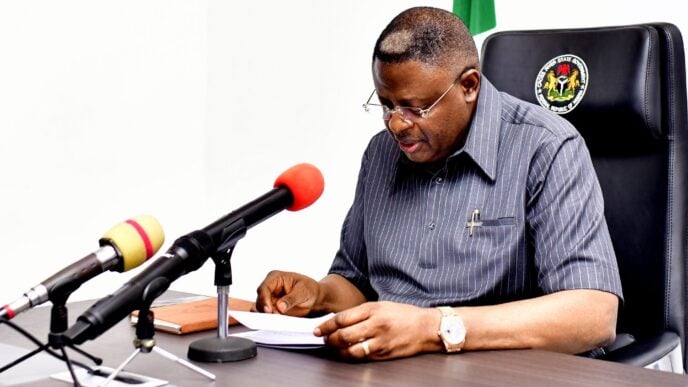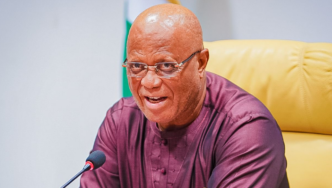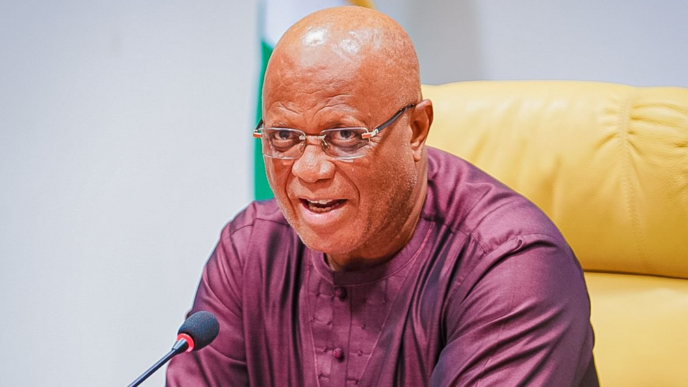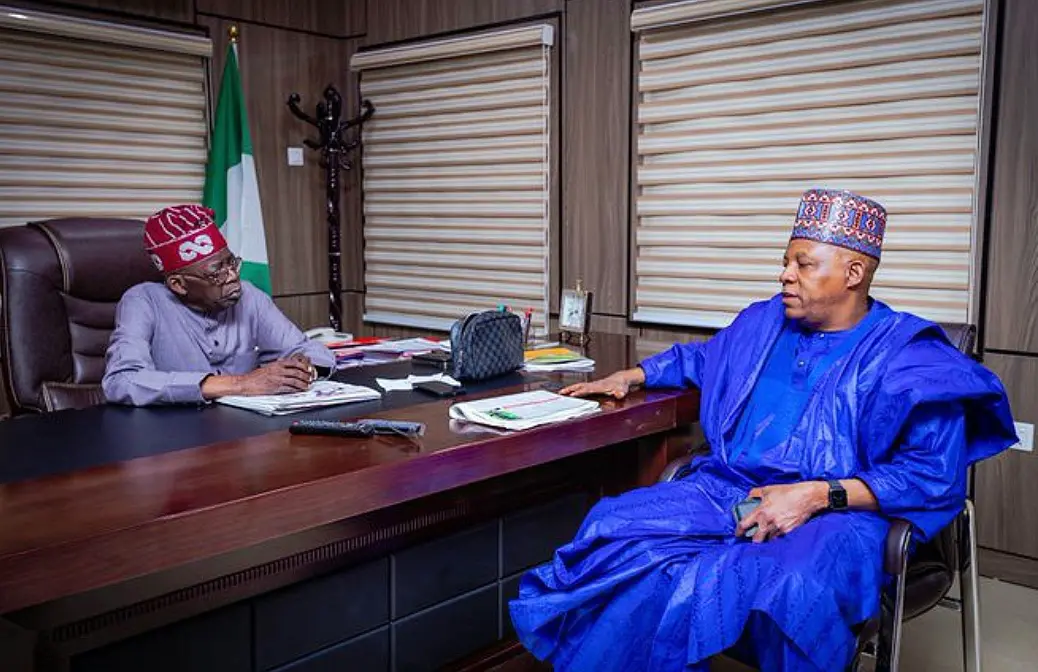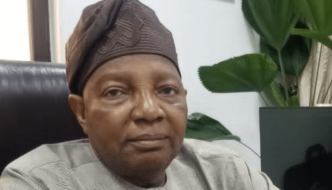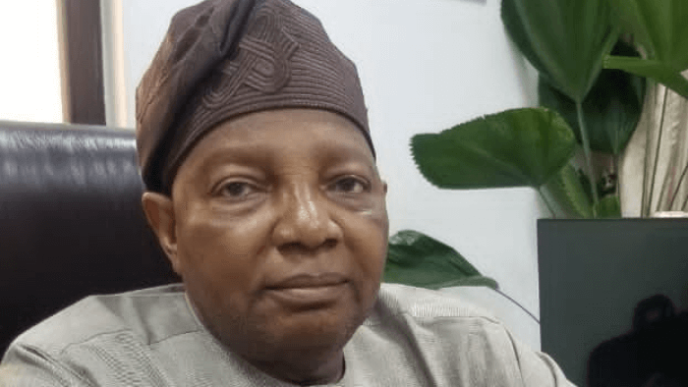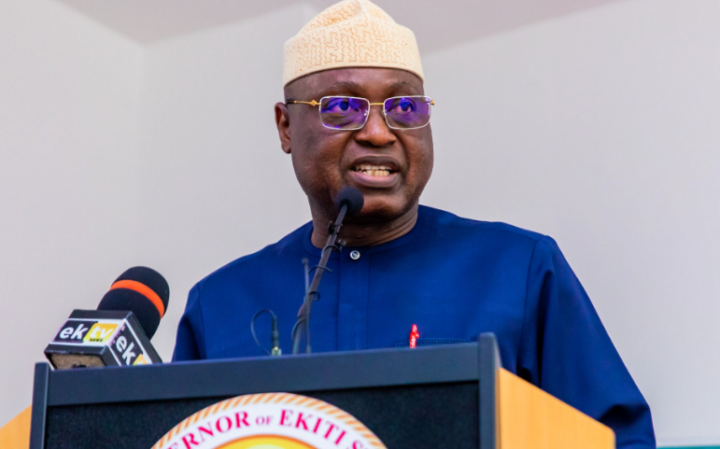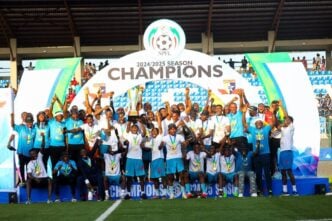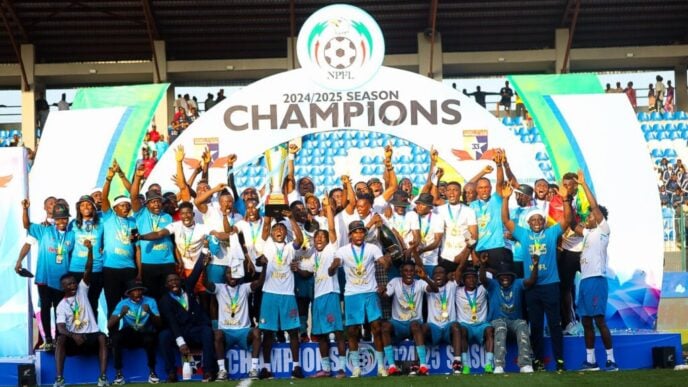L-R: Chukwuma Soludo and President Bola Tinubu | File photo
Critics of President Bola Ahmed Tinubu and Governor Chukwuma Soludo cannot deny the fact that these two men are big thinkers and great achievers. In this piece, we draw a parallel between the achievements of President Tinubu in Lagos State (i.e. Governor Tinubu as he then was) and Governor Soludo in Anambra State. We argue that with President Tinubu’s track record in Lagos State and the fundamental realignment seen in the last two years in Nigeria’s economy the future of Nigeria is indeed bright.
We start with infrastructure. In Anambra, Governor Soludo is building new cities in different parts of the state. Contrast this with administrations that celebrate single buildings as achievements. Governor Soludo has completely rebuilt Okpoko – a metropolis with over 500,000 inhabitants and which was referred to as the biggest slumb in Nigeria before its regeneration. The just commissioned new government house and fun city are new cities within Awka. The designs for three brand new cities in Anambra have already been completed (these include the new Onitsha and Awka cities). This is the kind of aggressive development developing countries need in the 21st century. We compare these ambitious projects to what President Tinubu did in the era when the Atlantic was always overflowing its bank in Lagos State. In 2005, streets in Ikoyi and Victoria Island were in eminent danger of been submerged by ocean surge from the Atlantic Ocean (Ahmadu Bello Road was gone and the Bar Beach was almost completely eroded). The federal government seemed helpless and was constantly pumping money and sand to combat the erosion of the Lagos Bar Beach. (Between 1950 and late 1990s the federal government spent $250million but the problem got worse). Working with the private sector, Governor Tinubu (as he then was) came up with an engineering solution – a massive seawall and a large land reclamation project- that permanently solved the problem. Today, a 10 million square meter city, known as Eko Atlantic and which looks like the Manhattan district in the US, is an offshoot of the land reclamation works executed in the Tinubu’s administration. Without this intervention, it is difficult to imagine what Ikoyi and Victoria Island would have been today.
In terms of taking democracy to the grassroot, Governor Bola Ahmed Tinubu, as he then was, created 37 LCDAs in 2004 and this resulted in the big rift between Lagos State and the federal government at that time. President Tinubu has always been an advocate of federalism and the benefits it brings along. Today, these LCDAs are still in operation. We compare this to the massive grassroot participation seen in Anambra. Currently, local government councils in Anambra are awarding massive road construction contracts. Some local governments are building bridges and executing flood control projects in Anambra. Nigeria is better off with this level of decentralization and autonomy. In Anambra’s new security law, local government mayors (or chairmen) are now performing roles of security officers in their councils. All these are happening in Anambra, a state where local government councils have been in active for years.
Working with the private sector, President Bola Tinubu laid the foundation for the progress Lagos State is currently making with the free trade zone schemes. (Promoted by Singapore based Tolaram, Lagos Free Zone was the first private free trade Zone in Nigeria). Today, 18 out of the 52 free trade zones in Nigeria are located in Lagos. This column estimates that these free trade zones have invested over $50 billion in Nigeria’s economy. In Anambra, the state will be getting its first free trade zone license in its history in the coming months. The already designed Anambra Mixed-Use Industrial City (AMIC) will have a free trade zone license and would be the industrial city that Anambra would use to service the rest of Africa.
Advertisement
In 2000, when no state could even dare to think of generating power because it was seen as an exclusive preserve of the federal government, Governor Tinubu, as he then was, partnered with AES Nigeria to build an IPP that would generate 270MW of electricity to the residents of Lagos. This 270MW is now part of Nigeria’s power grid. This kind of big thinking is also seen in Anambra. Today, Governor Soludo has concluded plans to build an intracity railway network in Anambra. Not many governors will dare into this kind of project.
Governor Soludo’s track record in the Central Bank speaks for itself. Currently, the Africa Finance Corporation (AFC), which was a brainchild of Governor Soludo when he was in the Central Bank, now has a balance sheet in excess of $12billion invested in infrastructure projects in 36 countries. Also, many rating agencies say Lagos is the second largest city economy in Africa with a GDP purchasing power parity of $259.75 billion, placing it just behind Cairo. Lagos would not have been able to achieve this status without a Tinubu.
Despite all the challenges we have in Nigeria, the future is bright. Nigerians should be hopeful. The GDP growth in 2024 was 3.40%. Compare this with the average of the last 5 years pre-2024 which was 2.03%. The balance of payment recorded in Nigeria in 2024 was $13.13 billion. Compare this with the -$0.804 billion 5-year average recorded pre-2024 (we have moved from deficit to surplus). The federal government’s revenue in 2024 was circa N9.44trn. Compare this with N4.88trn pre-2024 5-year average recorded. The fundamentals of Nigeria’s economy are changing and with a big thinker on the pilot seat, the future is bright!
Advertisement
Nwankwo is the Special Adviser on Special Projects to Soludo
Views expressed by contributors are strictly personal and not of TheCable.



